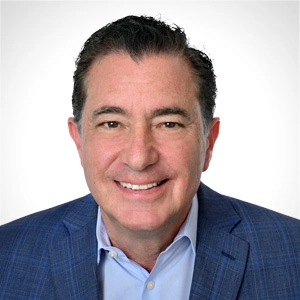Over the coming weeks, HMA is presenting a 3-part webinar series describing a whole person, integrated, solutions-based approach to the ongoing overdose epidemic. It is time to reconsider standard attempts to solve this crisis. Leaders need to be willing to pivot away from approaches that have not yielded the level of impact that this crisis demands, and to be ready to try new ideas and solutions.
“An ideal Ecosystem of Care is person-centered, and parts of the system work together to eliminate stigma, overcome barriers, and prevent people from falling through the cracks that are currently pervasive,” says Dr. Jean Glossa, Managing Director. “Stakeholders participating in SUD care, prevention, and treatment may need to expand their services and work together with other partners in ways they have not before.”
Each webinar in this series will share HMA’s nuanced understanding of the many paths available for those seeking recovery or a different relationship to addictive behaviors. Experts in the field will share valuable insights, shedding light on the various interventions and strategies that contribute to a holistic and effective approach to supporting individuals on their journey to lasting recovery. Whether you are a healthcare professional, caregiver, or someone personally affected by substance use, this webinar offers a roadmap for navigating the complexities of the Substance Use Care Continuum, fostering hope and resilience in the pursuit of sustained well-being.
By attending this series of webinars, you will learn how to:
- Describe ongoing overdose crisis as a national public health emergency.
- Recognize where certain solutions didn’t create the desired impact.
- Consider new approaches and solutions to overcome ingrained stigma.
Part 1: Overview and The Role of Health Promotion and Harm Reduction Strategies
Part 2: Wednesday, April 10, 2024 12pm ET – Empowering Change in the SUD Ecosystem
Part 3: Wednesday, May 1, 2024 12pm ET
HMA expert consultants have deep expertise, and professional on-the-ground lived experience, with supporting efforts nationwide to build an evidence-based, patient-centered, and sustainable addiction treatment ecosystem. No matter the scope or size of the project, HMA has experience working with states, and community organizations to develop impactful, sustainable responses to SUD. Our team is ready to help clients create, disseminate, and implement actionable and sustainable programs, to address substance use, overdose, and addiction.
Please register at the links above.
Check out these related resources:
- Opioid Treatment Provider webinar series
- Justice-Involved webinar series, including sections on Medication Assisted Treatment for Substance Use Disorder
If you have other questions or want to speak to someone about how HMA can help your organization with some of these ideas, please contact Jean Glossa or Erin Russell.





